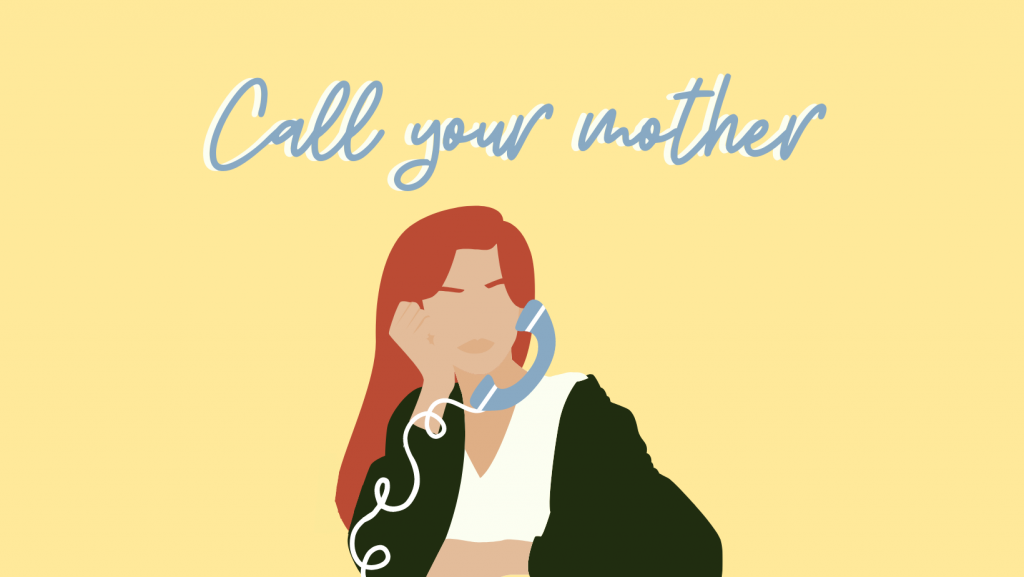
While 2021 may already look different than most years, one of the most common New Year’s resolutions has remained the same: lose weight. The lose weight resolution does not mention eating healthier or exercising more. The resolution has only one goal – to lower the number on the scale.
Stepping on a scale is part of many people’s daily routine, probably because many studies have shown that frequent weigh-ins are an effective way to keep weight off. These studies cite feelings of shame and fear as main reasons why constant visits to the scale help people lose weight. This argument implies a dangerous claim – that shame and fear are necessary to good health.
My resolution for 2021 is to never know my weight. I think stepping on a scale is one of the worst things a person can do for their health – and many nutritionists agree. Alissa Rumsey, a registered dietitian, argues that the scale does more harm than good.
Rumsey mentions on her website that weight fluctuates frequently depending on hydration, hormones and muscle. Relying on external measurements makes it more difficult for someone to listen to their body’s hunger and thirst cues. A higher number on the scale due to muscle gain might discourage someone from working out.
Weight is not always an accurate portrayal of someone’s health. A study published by Arch Internal Medicine found that some people considered overweight actually have a healthy metabolic rate, low blood pressure and healthy cholesterol levels, while a quarter of thin participants had test results typically related to obesity and cardiovascular diseases.
A better way to decrease your risk for heart disease and improve your health is to work on fitness, not thinness. Improving your cardiovascular health starts with getting your heart rate up. Replace the daily weigh-in with a daily walk. Replace the scale with a wearable fitness tracker. Make your goal to run a few miles without stopping or do a cardio workout video three times a week, not to lose a certain number of pounds.
One of the most freeing things about getting rid of the scale is that it can help you eat intuitively. Intuitive eating is a method that focuses on listening to hunger cues and embracing a healthier relationship with food.
Intuitive eaters eat when they are hungry and stop when they are full. They do not restrict certain foods or obsess over weight but rather focus on eating whatever makes them have the most energy and joy. Most importantly, intuitive eaters aim to respect their body’s natural need for food and weight fluctuation.
Sometimes, the scale can be difficult to avoid. The best way to quit weighing yourself is to not own a scale. Sell it on Facebook marketplace, donate it or just put it someplace that is difficult to access. If you have a roommate who keeps a scale out, ask them if they could store it in a drawer or hide it from view.
When you go to the doctor, ask if you can be weighed with your back to the numbers. They should respect your wishes and not read your weight out loud.
I have given up the scale before and it was one of the best things I have ever done for my self-esteem. I felt healthier, liked working out more, obsessed over food less and had better body image.
However, with the stress of this past year I found myself returning to the scale. I quickly noticed a decline in my body image, which is why I made my 2021 resolution to abandon the scale. I already feel more in tune with my body and aware of how different foods and exercises make me feel.
For me, changing up small parts of my routine can do wonders for my body image and mental health. However, sometimes these changes are not enough. It is okay to ask for professional help. If you are struggling with obsessive thoughts about food or your body, the best thing you can do for your health is to reach out to counseling services.
